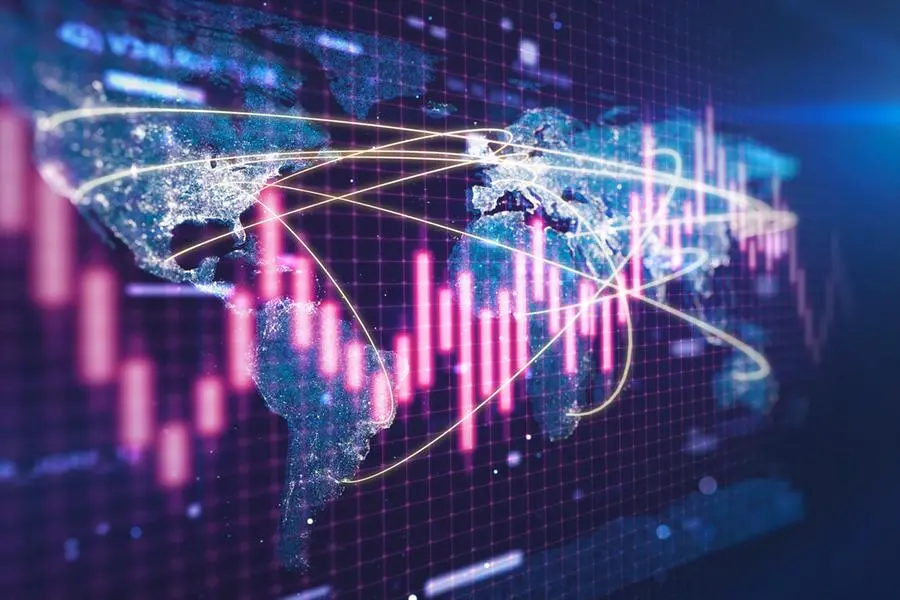PHOTO
The longer the Israel-Gaza conflict continues, the higher the risk to economic growth and of fragmentation of the global economy, an eminent economist said.
Mohamed El -Erian, chief economic advisor, Allianz, and President, Queens College Cambridge, told the AIM Summit in Dubai on Monday that the conflict would be remembered for a long time becau se of the amount of pain and atrocities it had caused.
“In terms of what it means, it is hard to talk about this given what is going on,” he told delegates.
“The longer this conflict goes on, the higher the risk of escalation, the higher the risk of contagion in terms of economics and finance.
“That contagion will add to problems of economic growth, to the inflation challenge, and to the fragmentation of the global economy,” he said, adding: “This conflict in a way amplifies all the challenges that are in existence in that area that are already significant.”
He said that the UAE continues to navigate short- and long-term challenges, and he did not see the move by Saudi Arabia, requiring companies to have regional headquarters in the kingdom, reiterated last week by the kingdom’s finance minister, as a case of either/or.
“I don’t think it’s an issue of either/or, as much as it’s an issue of together,” he said, due to the ‘massive interest’ in the region.
But officials must be careful to differentiate between resident capital and tourist capital during a time of high investment inflows, he said.
“What typically happens, if you are doing well in a world that is struggling, then not only will capital be pulled to you, because of who you are, but it will also be pushed to you because of what’s happening elsewhere.
“That capital that is pushed to you tends to be turned around quite quickly,” he said.
(Reporting by Imogen Lillywhite; editing by Brinda Darasha)





















